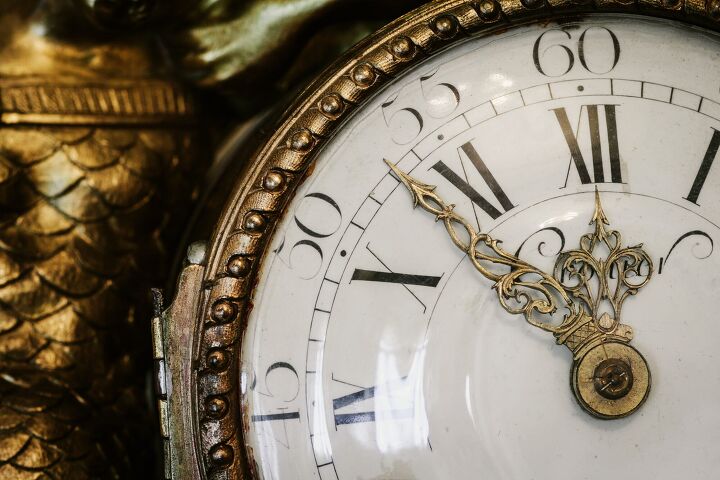Imagine the ticking of an heirloom clock, its rhythmic cadence echoing through time. Yet, when that ticking falters, a sense of urgency arises, prompting the question: “How much will it cost to repair my clock?” Understanding the factors that determine clock repair costs can alleviate uncertainty and help you plan accordingly.

Image: arlingtonclockrepair.com
Factors Influencing Clock Repair Costs
The cost of clock repair hinges upon several key factors, including:
Type of Clock
Clocks vary in complexity, from simple wall clocks to intricate grandfather clocks. More complex clocks, such as antique timepieces or those featuring intricate mechanisms, require specialized skills and meticulous attention to detail, leading to higher repair costs.
Extent of Damage
The severity of the damage dictates the extent of necessary repairs and the associated costs. Minor repairs, like cleaning or oiling the clock’s movement, are typically less expensive. However, major repairs, such as replacing broken gears or repairing rusted parts, can incur higher costs.

Image: upgradedhome.com
Materials and Parts Availability
The availability and rarity of the required materials or replacement parts directly impact the repair costs. Vintage or antique clocks often require sourcing hard-to-find parts, which can drive up the expense.
Labor Costs
The expertise and experience of the clock repair technician influence the labor costs. Skilled craftsmen with extensive knowledge command higher rates, while apprentice-level technicians may charge less.
Assessing the Repair Costs
To determine the accurate repair cost, it is crucial to consult with a qualified clock repair technician. An experienced technician will thoroughly assess the clock, identify the underlying issues, and provide a detailed estimate outlining the necessary repairs, materials, and labor costs.
Transparency is paramount when seeking a repair estimate. Request a written estimate that includes the following information:
- Detailed description of the repairs
- Cost of materials
- Hourly labor rate
- Estimated time for repairs
- Total estimated cost
Tips for Minimizing Repair Costs
Taking proactive measures can help minimize clock repair costs:
- Regular Maintenance: Regular cleaning and oiling of the clock’s movement prolongs its lifespan and reduces the likelihood of costly repairs.
- Prevention: Protect your clock from extreme temperatures, humidity, and dust, which can cause damage over time.
- Early Intervention: Addressing minor issues, such as unusual ticking or difficulty winding, promptly can prevent them from escalating into more expensive repairs.
- Seek Professional Help: Resist the temptation to attempt DIY repairs, as mishandling delicate clock mechanisms can exacerbate the damage.
- Get Multiple Quotes: Obtain repair estimates from several reputable clock repair technicians to compare costs and services.
Frequently Asked Questions (FAQs)
Q: What is the average cost of clock repair?
A: The average cost varies depending on the factors discussed above but generally ranges from $50 to $500.
Q: Can I repair my clock myself?
A: While minor repairs may be possible, it is generally advisable to seek the expertise of a qualified clock repair technician to avoid further damage.
Q: How often should I have my clock serviced?
A: Most clocks benefit from regular servicing every 3-5 years to ensure optimal performance and prevent costly repairs.
How Much Does It Cost To Repair A Clock
Conclusion
The cost of clock repair depends on a myriad of factors, including clock type, extent of damage, materials availability, and labor costs. By understanding these factors and implementing cost-saving tips, you can plan and budget accordingly. Remember, the value of your cherished clock extends beyond its monetary worth; it represents a piece of time, a connection to the past, and a timeless keepsake for generations to come.
Are you facing a clock repair dilemma and curious about the costs involved? Share your questions and insights in the comments below.